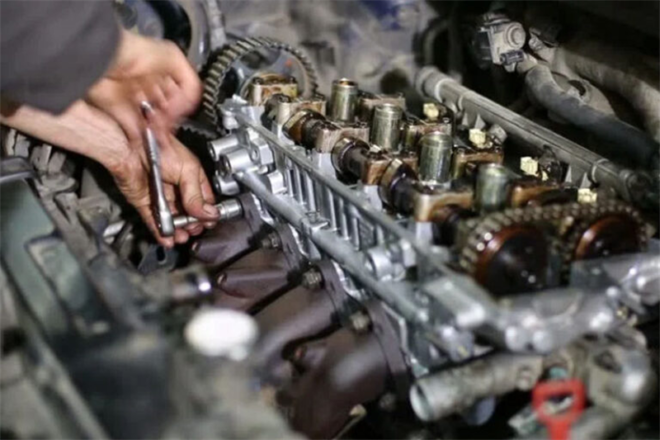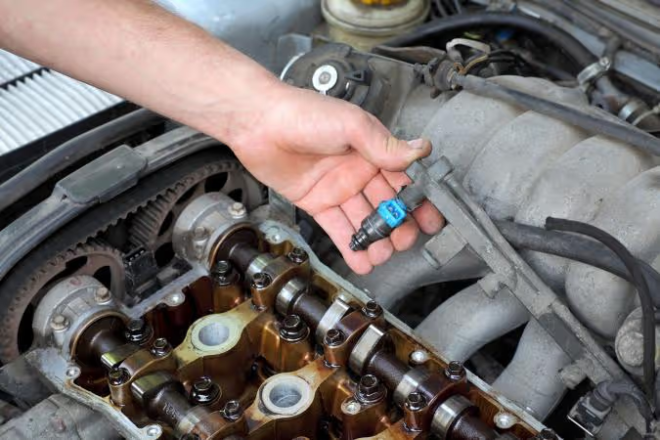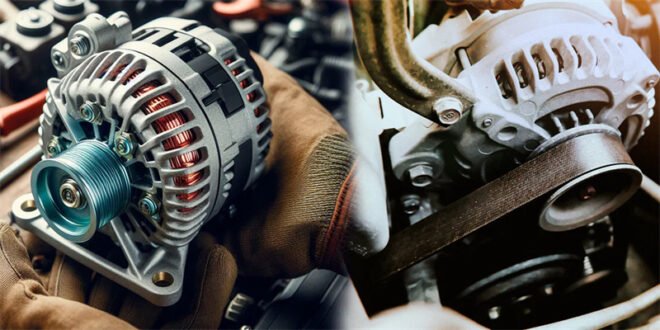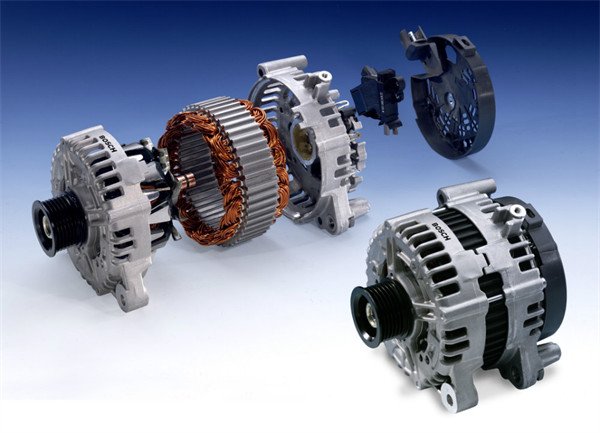If you’ve ever had a dead car battery or dimming headlights, you might have experienced an alternator issue. The alternator is one of the most essential components of your vehicle’s electrical system, but it often goes unnoticed until it stops working.
In this guide, we’ll cover everything you need to know about alternators, including how they work, common problems, and tips for choosing the right one.
What is an Alternator?
An alternator is a small generator that produces electricity to power your vehicle’s battery, lights, and electronic components while the engine is running. It converts mechanical energy into electrical energy and keeps your battery charged.
Key Functions of an Alternator:
Powers your car’s electrical system.
Charges the battery while driving.
Helps maintain engine performance.
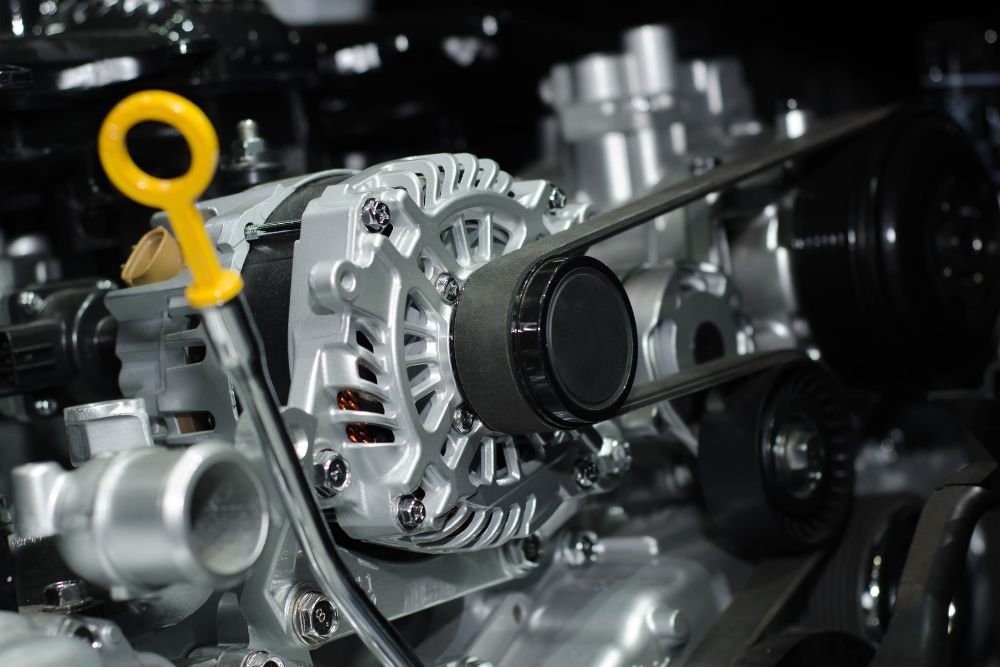
How Does an Alternator Work?
- The Engine Powers the Alternator – A serpentine belt connects the alternator to the engine, allowing it to rotate.
- Magnetic Fields Generate Electricity – Inside the alternator, a rotor spins within a stator, creating an electromagnetic field.
- AC to DC Conversion – The alternator produces alternating current (AC), but your car battery requires direct current (DC), so a built-in rectifier converts the energy.
Signs of a Failing Alternator
If you notice these warning signs, your alternator may need repair or replacement:
Dimming or Flickering Headlights – Reduced power means your lights may appear weak.
Battery Warning Light – A dashboard warning light shaped like a battery may indicate an issue.
Strange Noises – Grinding or whining noises could be a sign of a failing bearing.
Electrical Issues – Power windows, stereo, or air conditioning may start malfunctioning.
Difficulty Starting the Car – If the battery isn’t charging, your car may struggle to start.
Choosing the Right Alternator for Your Vehicle
Consider These Factors Before Buying an Alternator:
- Compatibility – Check your vehicle’s make, model, and engine size.
- Amperage Rating – Higher amperage supports more electronics (ideal for modern cars).
- Brand Quality – Opt for reputable brands like Bosch, Denso, or ACDelco.
- New vs. Remanufactured – New alternators last longer, but remanufactured ones are more affordable.
Final Thoughts: Keep Your Vehicle Running Smoothly
A failing alternator can leave you stranded, so it’s important to recognize the warning signs early and choose a high-quality replacement. Whether you’re maintaining your car or upgrading to a high-performance alternator, understanding how it works ensures a smooth and reliable driving experience.


